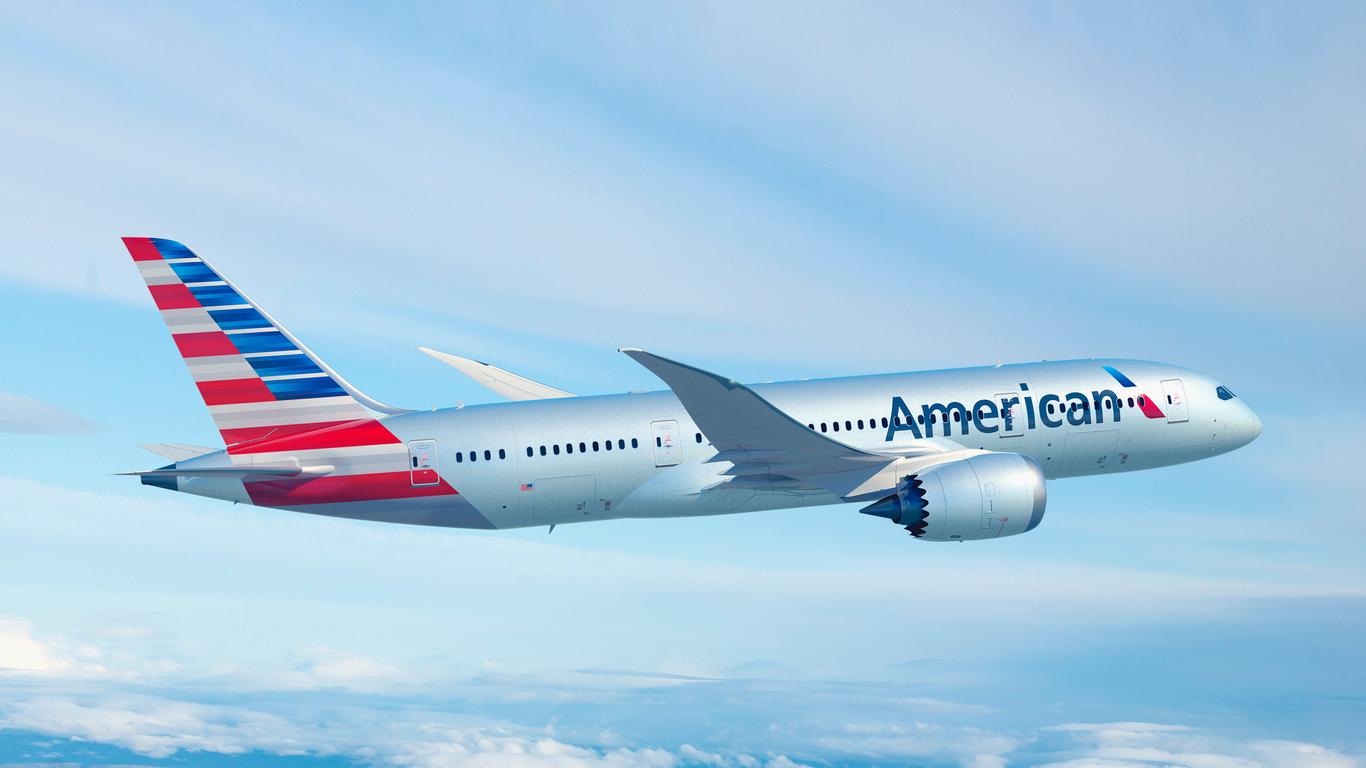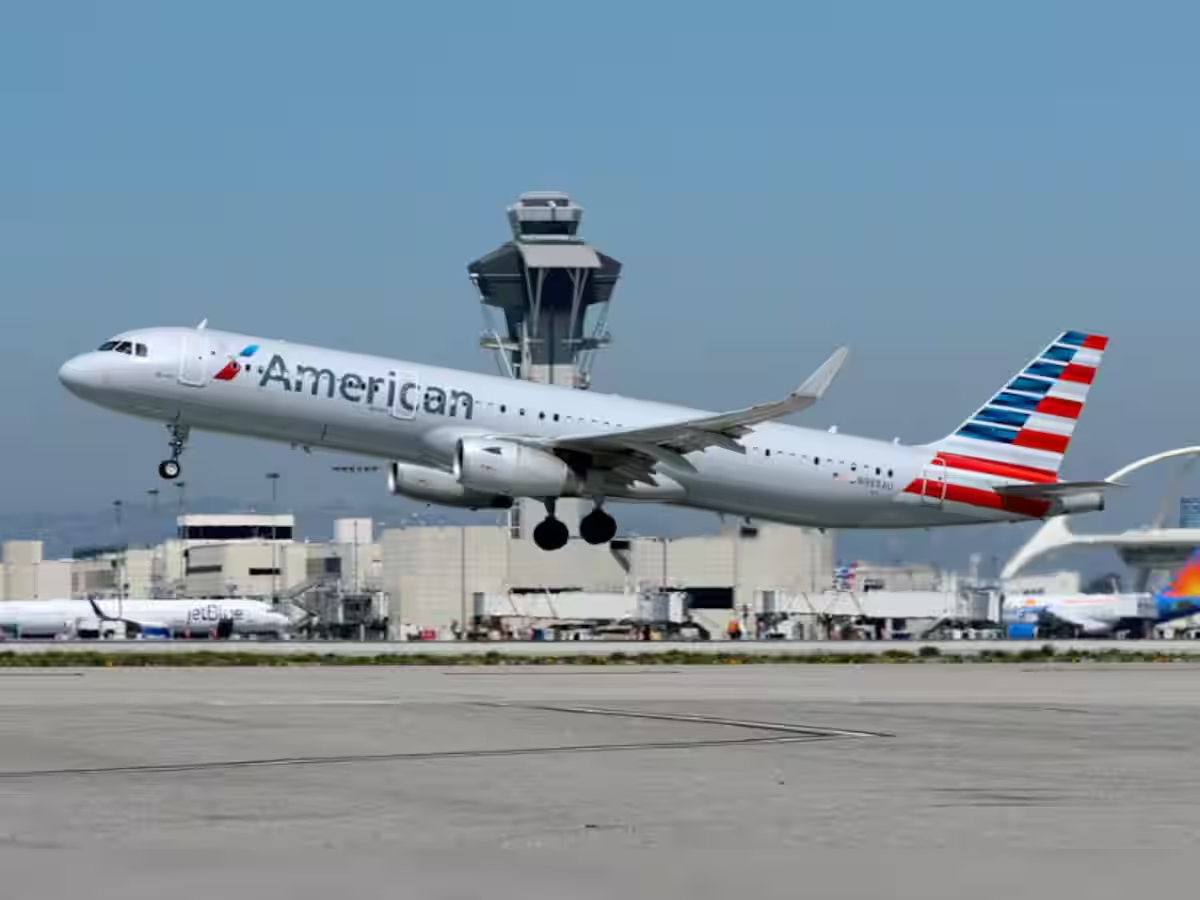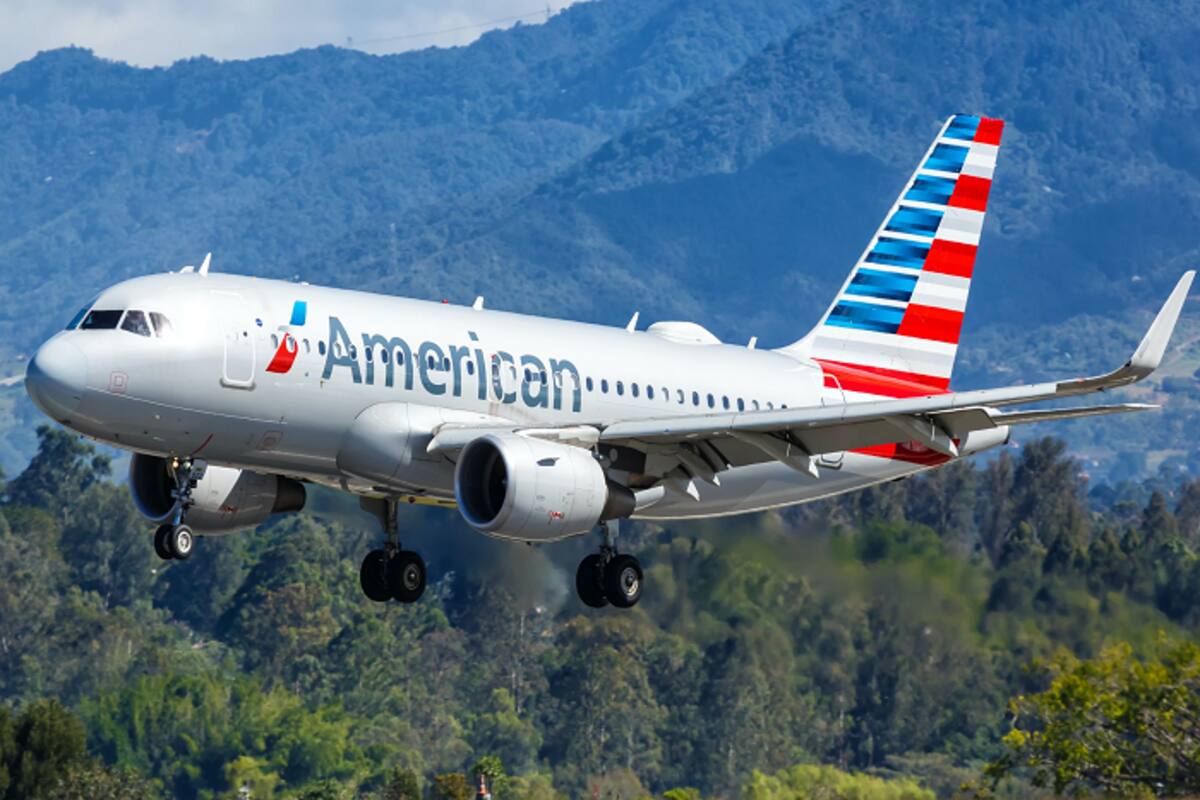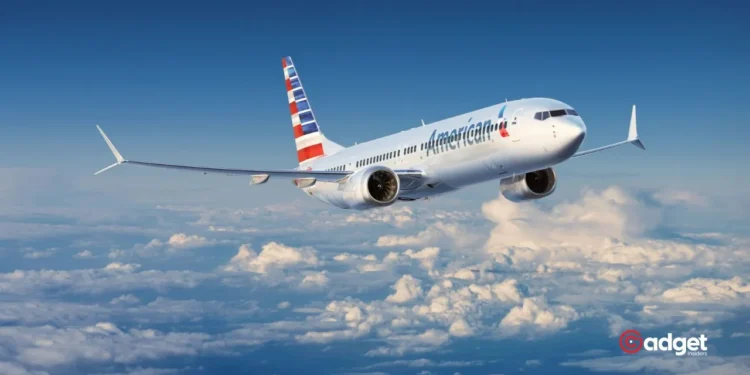In the glamorous world of aviation, the life of a flight attendant often appears enviable, marked by the allure of jet-setting and visiting exotic locales. However, the financial reality for many of these essential workers, particularly those starting at American Airlines, is far less glamorous.
A recent employment verification letter, which surfaced on Reddit, starkly highlights the economic hardships faced by new flight attendants with an alarmingly low starting salary of $27,315 annually, a figure that qualifies some for food stamps in states like Massachusetts and New York.

The Stark Wage Discrepancy in the Skies
This low wage stands in stark contrast to the colossal earnings of American Airlines’ CEO, Robert Isom, whose annual income was a whopping $31.4 million last year, a staggering 1,162 times the salary of a new flight attendant. Such disparities have ignited discussions about corporate greed and the growing income inequality within the company.
The Association of Professional Flight Attendants, which represents these workers, confirmed the authenticity of the controversial letter to CNN. This verification comes amidst rising concerns that even though these wages technically sit above the federal poverty line, they do not realistically reflect the cost of living, especially in major metropolitan areas.
American Airlines Flight Attendant Update:
American Airlines' California-based flight attendants to benefit from a $24 million settlement by American Airlines for violating local labor laws.
Details: https://t.co/LK9q3HpISI pic.twitter.com/PsjCWJU30W
— Aero Crew News (@AeroCrewNews) January 11, 2024
The Ongoing Struggle for Fair Compensation of Flight Attendants
The union has been vocal about the insufficiencies of the current compensation model, pointing out that under the current system, flight attendants are significantly underpaid for the crucial roles they play, especially during the taxing boarding process.
“One of the most stressful parts of the flight experience is during the boarding process, yet we are not paid for this work,” the union expressed in a recent statement. This ongoing issue has prompted calls for a new collective bargaining agreement that would better reflect the demands and responsibilities of the job.

Pushing for Change Amidst Rigid Regulations
Negotiations for better pay have been complicated by the Railway Labor Act, which restricts airline and railroad industry workers from striking without government permission. The union has been attempting to navigate these legal hurdles as they push for significant changes in their next contract.
Proposals include a 33% increase in pay capped at $91 per hour and incremental raises over four years. Additionally, there are demands for retroactive pay based on work done over the past five negotiation years.
A Glimmer of Hope?
Despite the challenges, there is some movement in the industry. In a landmark decision in June 2022, Delta Air Lines began offering boarding pay to their flight attendants, compensating them for half their hourly rate during boarding times.
This change, which came after significant pressure and threats of union action, marks a significant step toward addressing the pay inequities faced by flight attendants across the industry. Yet, Delta remains the only major U.S. airline without a unionized flight attendant workforce.

A Call for Fairness in the Skies
As American Airlines and its flight attendants’ union continue to negotiate, the spotlight remains on the need for fair compensation in an industry that often overlooks the economic vulnerabilities of its most visible employees.
The disparity between the earnings of top executives and the front-line workers who maintain the daily operations underscores a broader conversation about equity and justice within corporate America.
For flight attendants, securing fair pay is not just about improving their quality of life—it’s about recognizing and compensating for the essential work they do that keeps the airline industry aloft.










